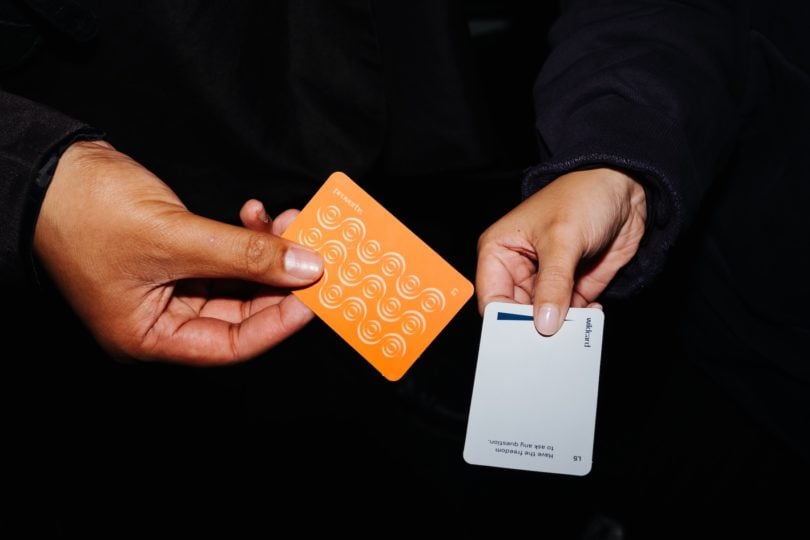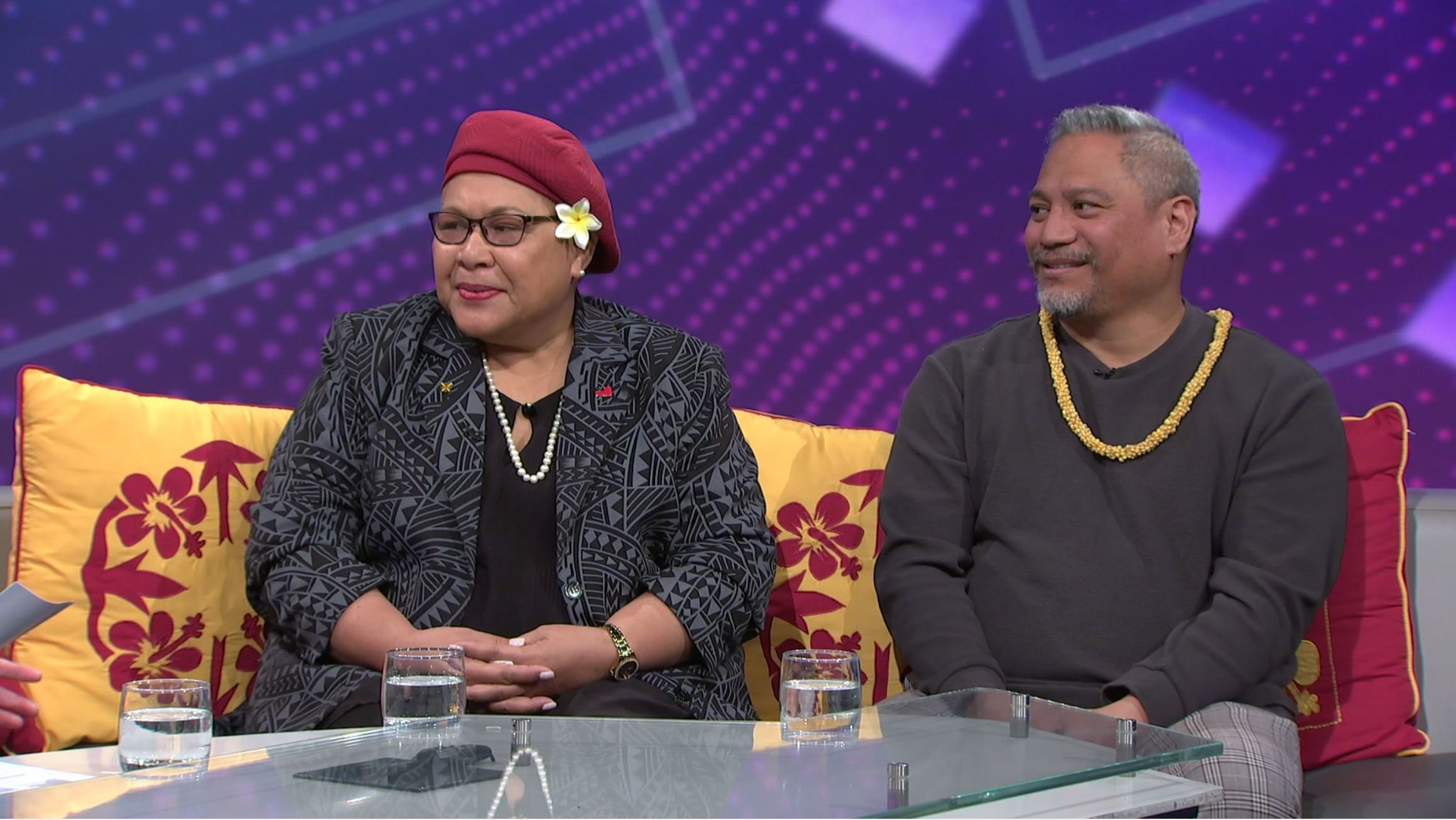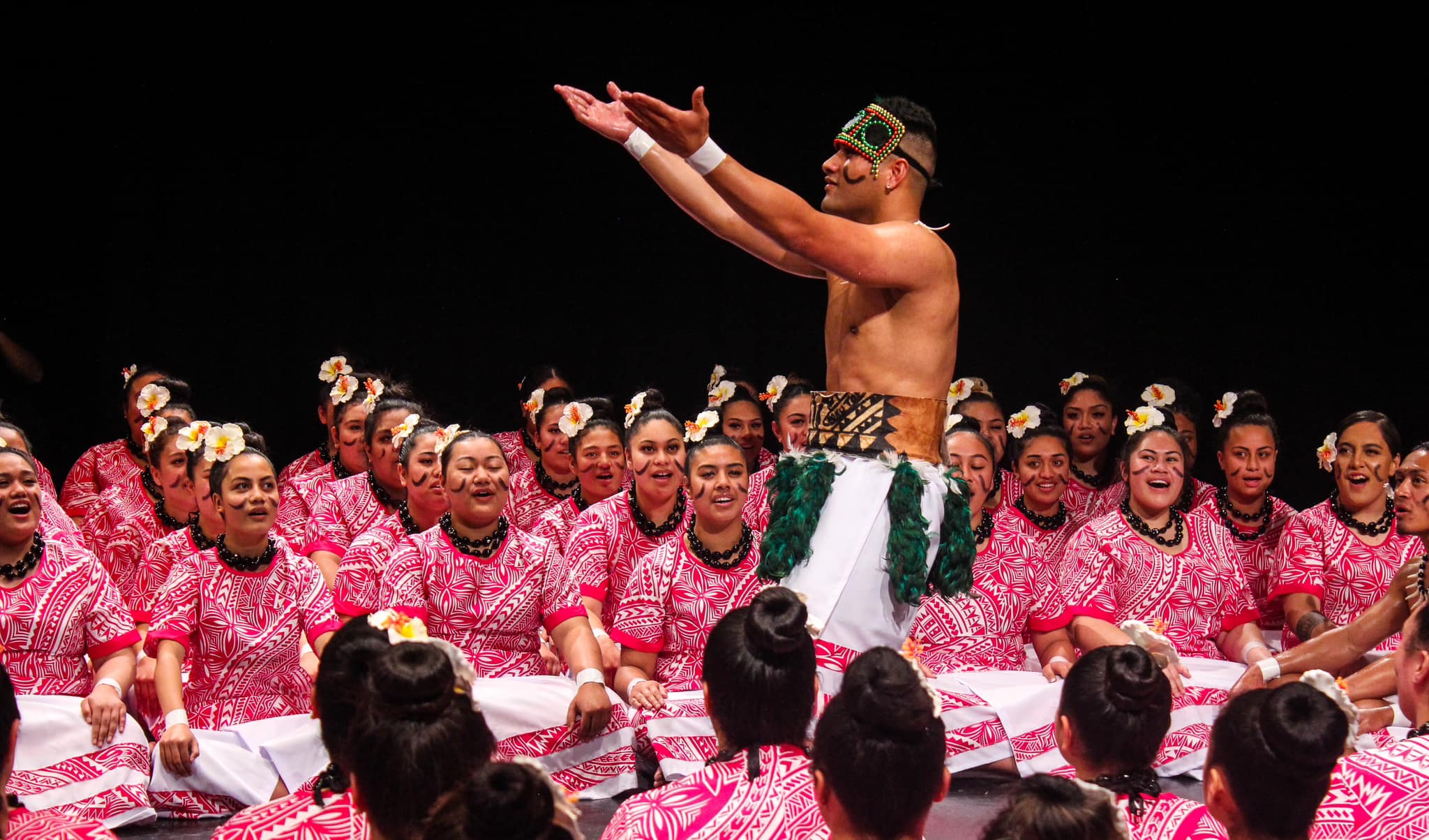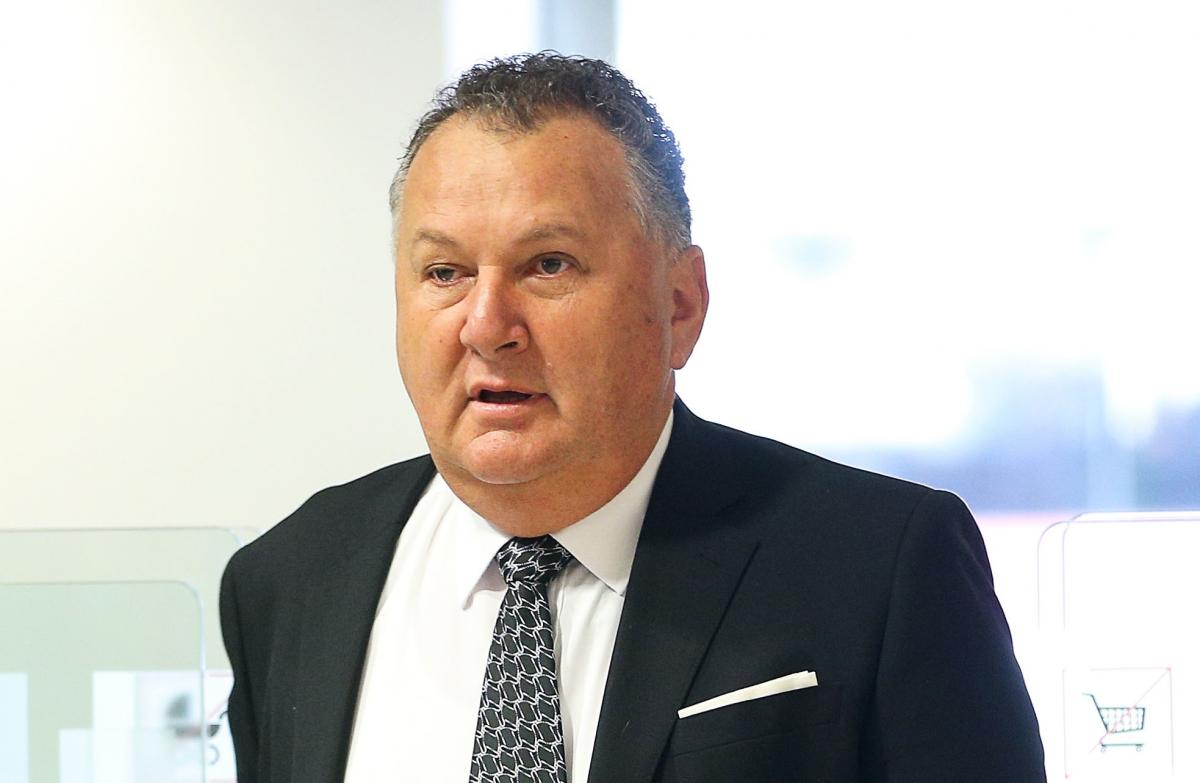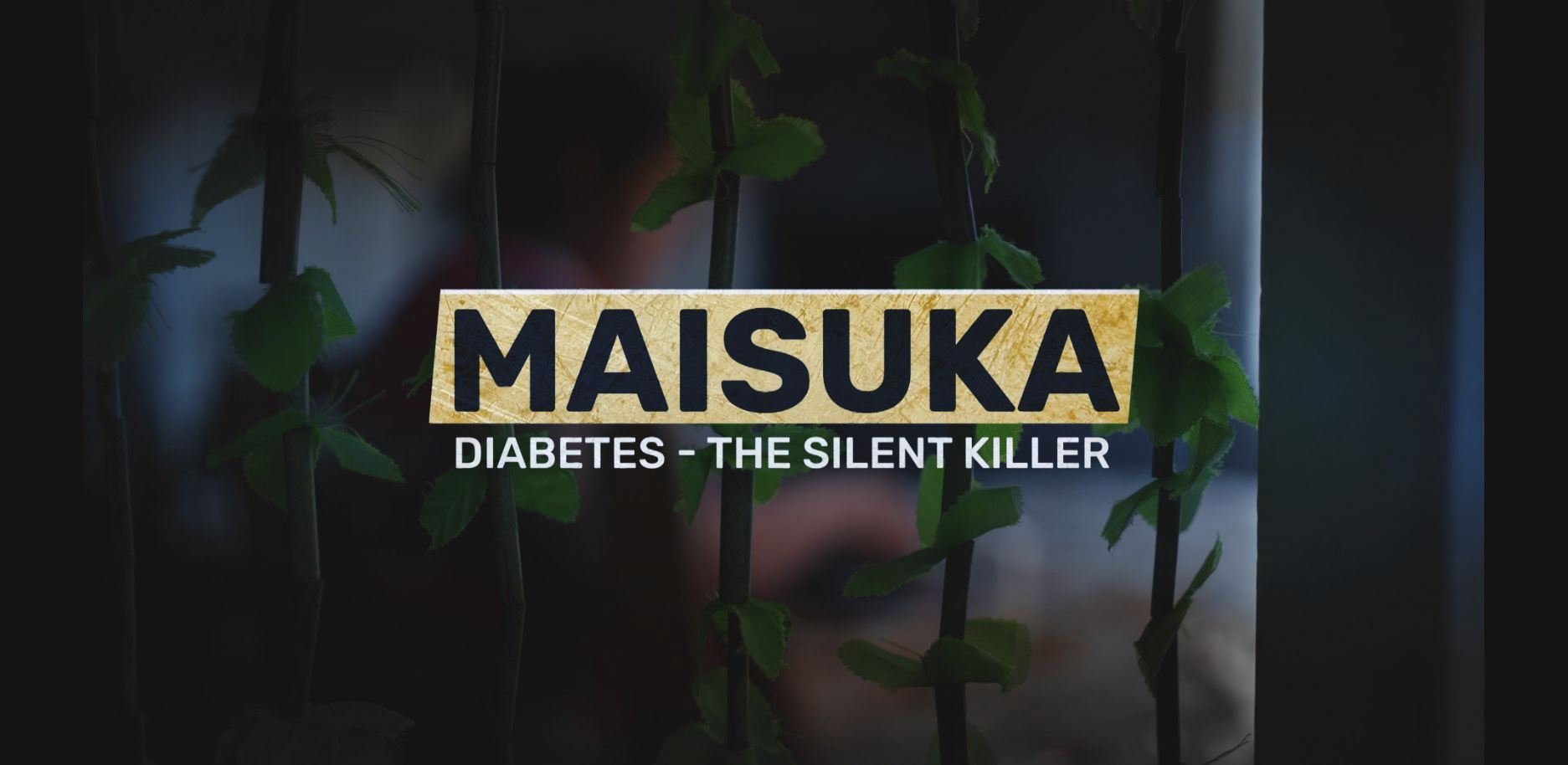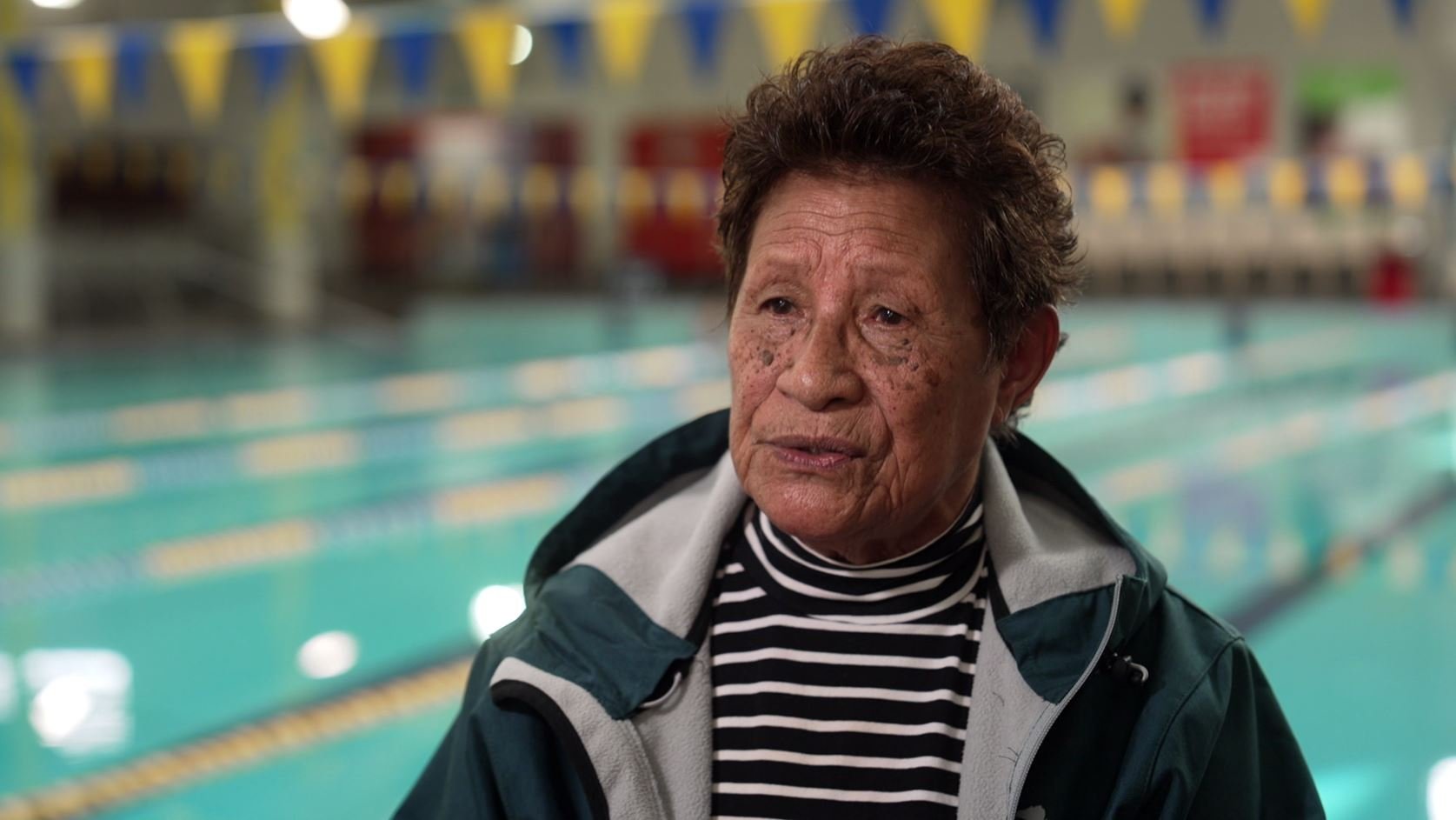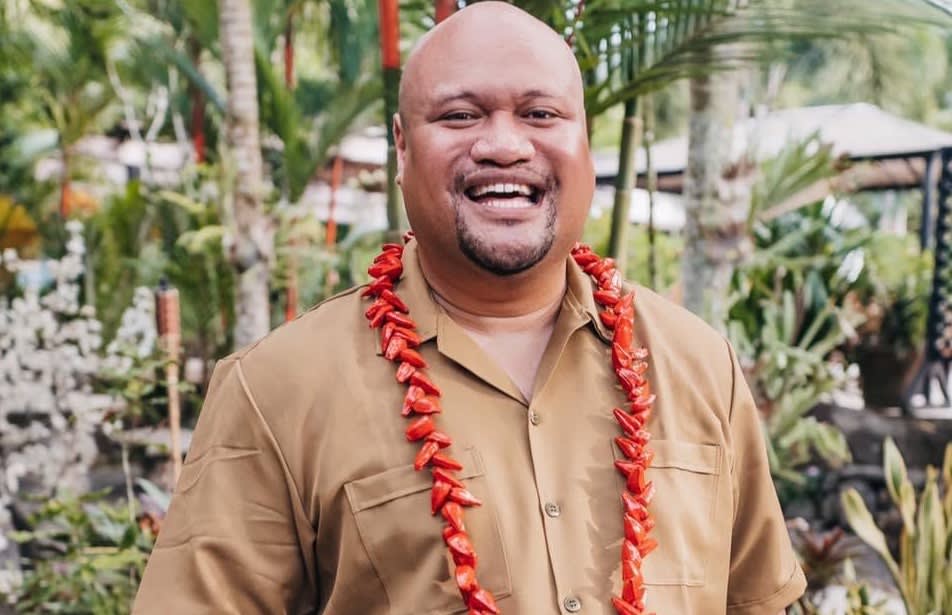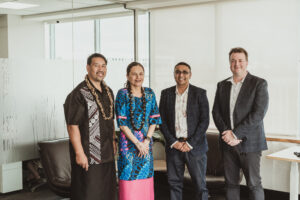The Salvation Army State of the Nation 2021 report released today shows the extent of Māori and Pasifika inequities in New Zealand.
Titled ‘Disturbed Present, Better Future?’ the report reveals how Covid-19 could further exacerbate “unacceptable levels of poverty and inequality” in Aotearoa.
Data from the year ending June 2019 showed Māori and Pasifika child poverty rates were more than 50 percent higher than those for European children, and rates of material hardship were two to three times higher.
In 2020 there were 23,000 extra children in welfare-dependent homes, “a sign that poverty rates may not decline further and could increase”.
The social housing register is at a record high. Māori and Pasifika are disproportionately represented, with Pasifika making up over 10% of the register. Māori and Pasifika are also disproportionately represented in transitional housing.
In 2020 unemployment rose due to the Covid-19 lockdowns and economic impacts. It comes on top of existing inequalities for Māori and Pasifika workers, who already experience unemployment rates more than twice those of European ethnicity, the report stated.
It also highlighted the initial impacts of the Covid-19 crisis on education. “Covid-19 seems to have made existing inequities in school attendance worse. Students at lower decile schools, Māori and Pasifika students and those at earlier school levels (ie, first years of primary school) are most impacted.”
Salvation Army Social Policy Analyst Ana Ika told Tagata Pasifika’s John Pulu the findings, particularly for Māori and Pasifika children, are “disheartening”.
“We have the youngest population and the fastest growing youngest population in the country, and if our young people are the future of New Zealand, and if they’re living in poverty and if they’re living in material hardship, then that’s quite discouraging for what the future holds for our Pasifika children,” said Ika.
“We’re asking for courageous and bold policy moves from the Government, targeted particularly to those living in hardship, particularly to those who are vulnerable and the poorest in New Zealand, and that unfortunately includes our Māori and Pasifika families.”
Ika said that despite the grim findings, the Salvation Army as a Christian organisation remained hopeful.
“We have to be hopeful, John. Hope is the difference between those who fall down and stay down and those who fall down and still try to get back up.”
Access the full State of the Nation 2021 report here.












